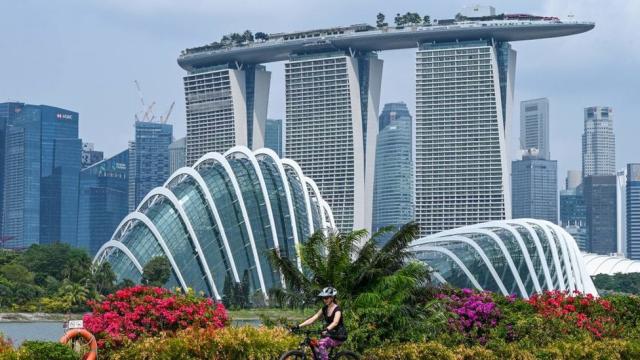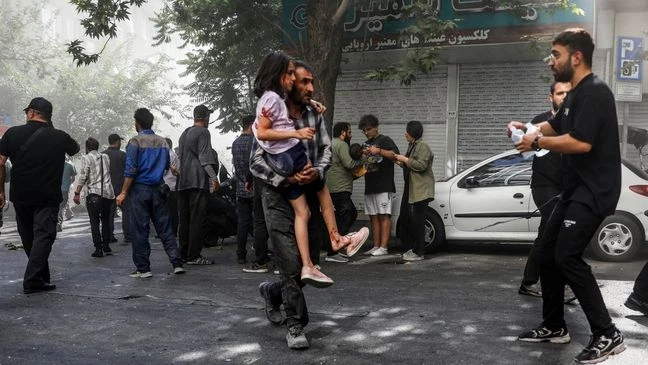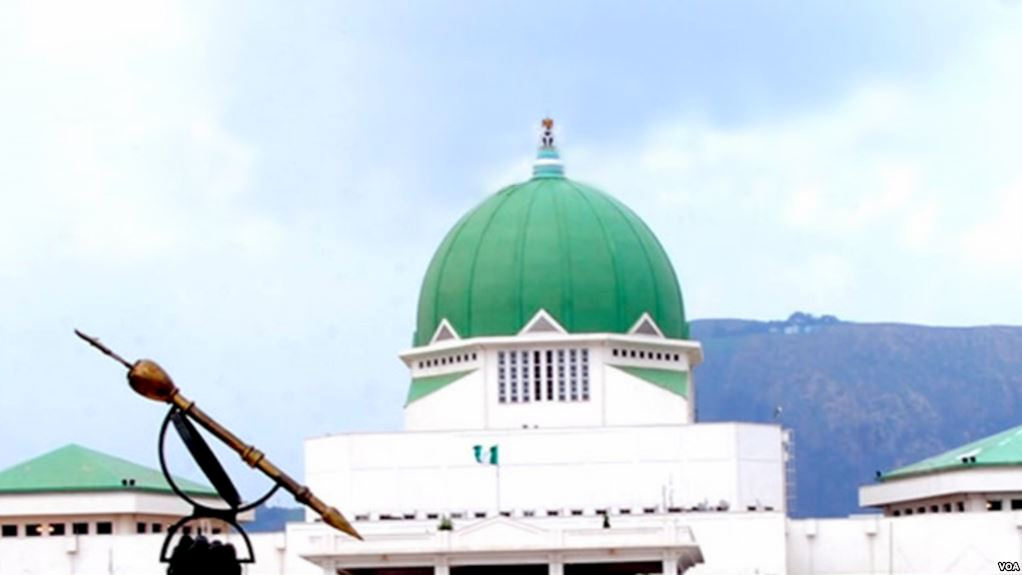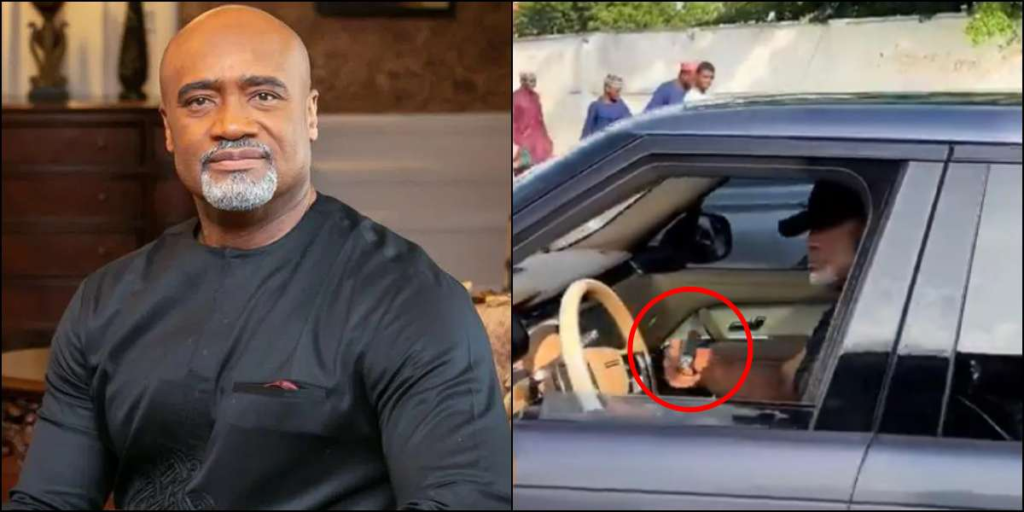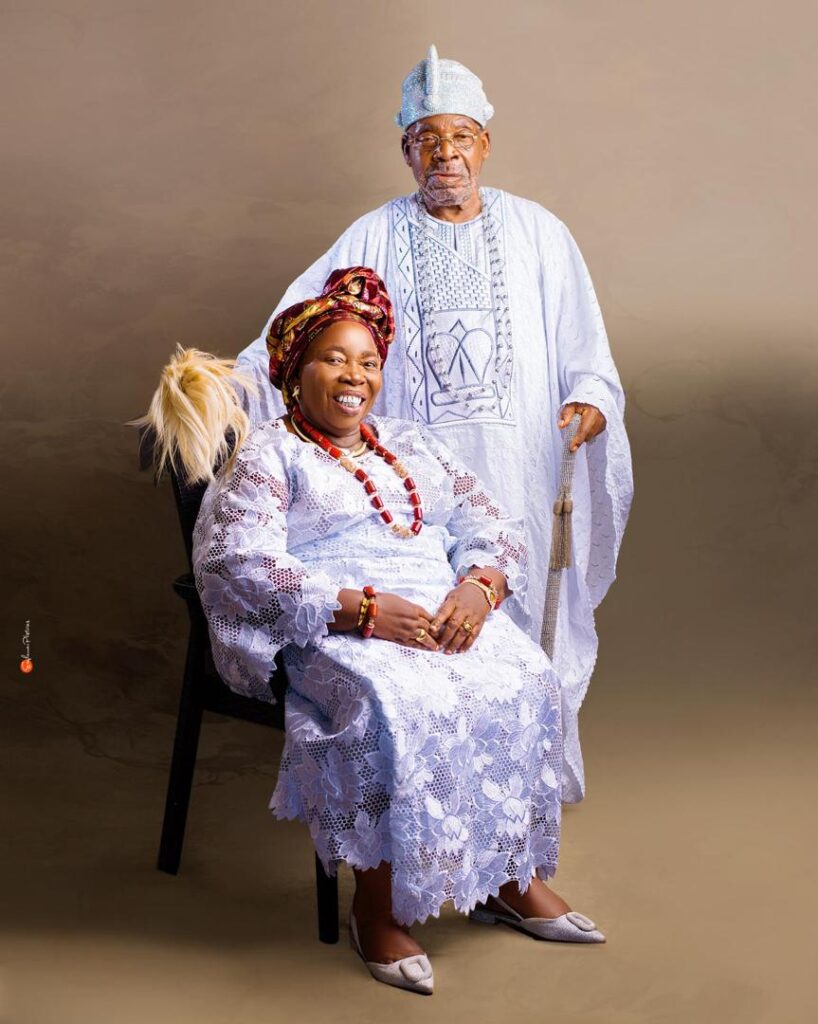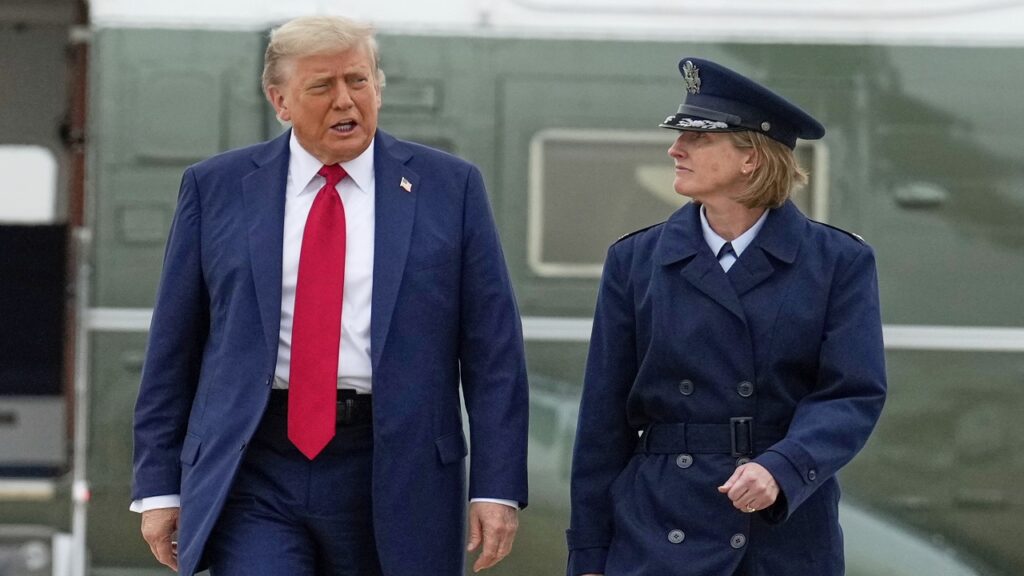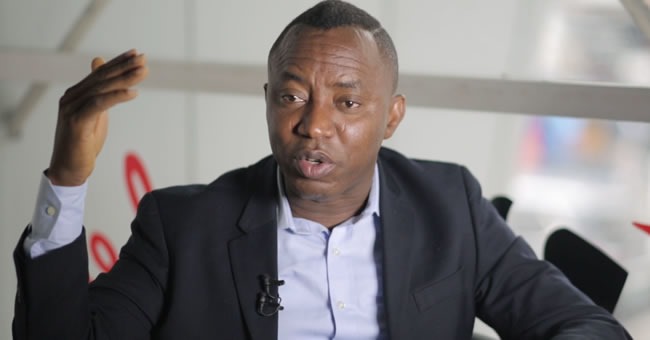A Singaporean court has begun handing down sentences in a high-profile case involving 10 Chinese nationals accused of laundering $2.2 billion (£1.8 billion) obtained from criminal activities abroad.
This scandal implicated numerous banks, property agents, precious metal traders, and even a prestigious golf club. It resulted in extensive police raids in affluent neighborhoods, where authorities seized billions in cash and assets. The sensational details of the case have captured the attention of Singaporeans, with seized assets including 152 properties, 62 vehicles, luxury bags and watches, hundreds of pieces of jewelry, and thousands of bottles of alcohol.
Earlier this month, Su Wenqiang and Su Haijin became the first to be sentenced in the case. Su Haijin attempted to evade arrest by jumping off a second-floor balcony, according to police reports. Both men were sentenced to a little over a year in prison, after which they will be deported and banned from returning to Singapore. The fate of the remaining eight individuals is pending the court’s decision.
As the case nears its conclusion, it has raised significant questions. Prosecutors revealed that the funds used to finance their lavish lifestyles in Singapore were derived from illegal sources overseas, including scams and online gambling operations.
The case has prompted a review of policies, particularly around bank regulations, with institutions tightening rules, especially regarding clients with multiple passports, to prevent similar incidents in the future.
The case has brought attention to Singapore’s challenge of attracting wealthy individuals while preventing the country from becoming a safe haven for illicit funds.
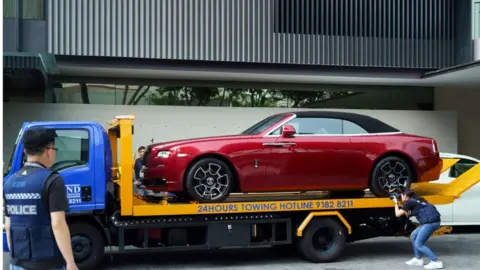
Singapore, often likened to the Switzerland of Asia, began attracting banks and wealth managers in the 1990s as economic reforms in China, India, and Indonesia led to wealth accumulation. Investor-friendly laws, tax exemptions, and other incentives made Singapore a haven for foreign businesses.
Today, the ultra-rich can arrive at Singapore’s private jet terminal, reside in luxurious quayside neighborhoods, and engage in activities like trading on the world’s first diamond exchange. Just outside the airport, there’s Le Freeport, a maximum-security vault offering tax-free storage for art, jewels, wine, and other valuables—a facility often compared to Asia’s Fort Knox with a price tag of $100 million.
Singapore’s asset managers attracted S$435 billion from abroad in 2022, nearly double the figure in 2017, according to the country’s market regulator. More than half of Asia’s family offices, which manage private wealth, are now based in Singapore, as per a report by consulting giant KPMG and family office consultancy Agreus.

